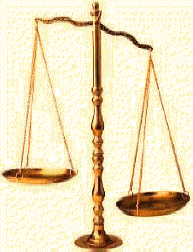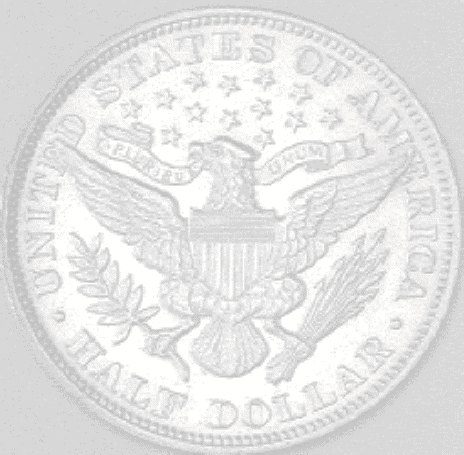
|
|
||
|
|
|
|
|
|
||

-5-
FOR BETTER OR WORSE:
The Repudiation of Debt
God commanded, "Thou shalt not steal," and James comforts the oppressed, who have been defrauded, declaring the cries of the dispossessed have entered into the ears of the Lord of Sabaoth --the Lord of the Armies of Heaven. He will vindicate them. The framers of the Constitution of the United States had witnessed the evils of inflation and the crime that results from worthless currency, and had provided for a stable economy. However, the Constitution was progressively ignored as Americans abandoned the law of God. "Thou shalt have a perfect and a just weight." This rejection of God's law led to many kinds of dishonesty. For instance, Pennsylvania, like many other states borrowed from abroad to open up roads and to construct canals. However, Pennsylvania was the first of many states to repudiate their debts. Rev. Sydney Smith wrote of the loss of his life's savings "made with difficulty and privation."
The Americans who boast to have improved the institutions of the Old World have at least equaled its crimes. A great nation after trampling underfoot all earthly tyranny has been guilty of fraud as enormous as ever disgraced the worst king of the most degraded nation of Europe (Smiles, 69-70).
In Illinois, however, a
convention met at Springfield, and the repudiation ordinance was
offered. Every householder would have a vote, and they who were
dishonest were willing to vote its passing. It was about to be adopted
when Stephen A. Douglas, lying sick in his hotel, asked to be taken to
the convention. He was carried on a mattress. Lying on his back he
wrote, "Resolved, that Illinois will be honest although she never pays a
cent." It was enthusiastically received, and dealt a deathblow to the
system of repudiation. Canal bonds immediately rose. Capital flowed into
the state. In a matter of a few years, Illinois became so prosperous
that she led every other state in the number of miles of rail.
When a society disregards the laws of God, God causes
them to lose their ability to reason, and Americans continued "wildcat
banking" practices. The National Banking Act of 1865 placed a 10 percent
tax on all state bank notes. By 1866, the practice had ended --for the
moment.
________________________________________________
BIBLIOGRAPHY
"Coin World", Friday, July 27, 1962.
Fite, Emerson D. History of the United States. New York, New
York: Henry Holt and Company, Copyright 1919.
Harlow,Ralph. The Growth of the United States. New York, New
York: Henry Holt and Company, Copyright 1932.
Jenkins,Merrill. "Monetary Realism." Sacramento, California: United
States Taxpayers' Union, March 23, 1979.
Knox, John Jay. United States Notes. New York, New York: Charles
Scribner’s Sons, Copyright 1884.
McDannald, A. H. The New Modern Encyclopedia. New York, New York:
William H. Wise and Company, Inc., Copyright 1950.
Paxon, Frederic L. History of the American Frontier. Cambridge,
Massachusetts: The Houghton Mifflin Company, Copyright 1924.
Saussy, F. Tupper. The Miracle of Mainstreet. Sewanee, Tennessee:
Spencer Judd, Publishers, Copyright 1980.
Smiles, Samuel. Duty. Chicago: Belford, Clarke, and Company,
Copyright 1888.
"United States Paper Money And Miscellaneous," The Numismatist.
Racine, Wisconsin: Whitman Publishing Company, Copyright 1960.
Wirth, Fremont P. A History of American Progress. Boston: D. C.
Heath and Company, Copyright 1938.
